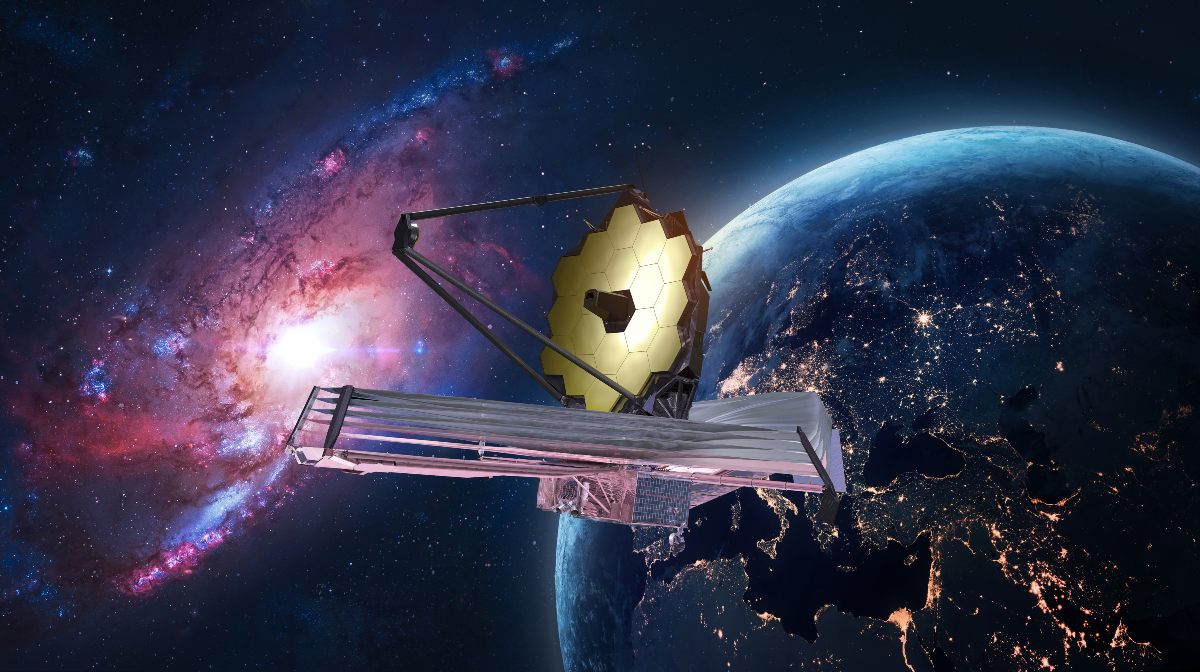Bard, Google’s artificial intelligence has finally arrived to join the revolution caused by ChatGPT. It is available to users in the United States and the United Kingdom who can request access to use this tool.
While the race seems to have been won by OpenAI, Google does not want to be left behind and has finally opened access to Bard. It appears that it will function like ChatGPT and provide answers to user queries. It will be accessible through a web page as it will have a different interface to the search engine, although it will offer a button with direct access to it.
What are the characteristics of Bard?
It is a conversational bot so it is very similar to ChatGPT, although with some differences. It is based on the LaMDA language that is designed by Google and will be constantly connected to the Internet, so it will offer updated answers. This is a key difference with ChatGPT, as it often fails to provide answers on recent events.
It should be noted that the LaMDA language was not without controversy as one engineer who worked with it claimed that its responses were very convincing and believed that the AI had a conscience of its own.
There will be three response options to queries made, and Bard will also offer a search suggestion. Users will be able to provide feedback on the information provided to refine the bot. He is programmed not to answer offensive type questions, although it was not clearly specified what restrictions Bard has.
According to Eli Collins, Google’s vice president of research, Bard is an initial experiment, it is not perfect and there will be times when it goes wrong.
Another highlight of Bard, a Google AI is that it is enabled only for people over 18 years old, a restriction that will surely be maintained when it is available to everyone. Like ChatGPT, it will not be able to issue its own opinions, although, as it is still in a development stage, it is still unpredictable.
Could Bard, Google’s artificial intelligence, be based on ChatGPT?
A few days before the launch of Bard for some users, there is already controversy about Google’s new tool. According to a former Google employee who worked on the development of Bard, he had to resign under pressure to use ChatGPT information to train Google’s AI without authorization. Google has denied this information and assured that Bard was not trained with ChatGPT or ShareGPT.
This controversy is in addition to what happened during Bard’s presentation in February, where the AI gave the wrong answer. This error caused Google’s stock to fall, causing a loss of 100 billion dollars.
The truth is that both Bard and ChatGPT have great potential although there are still many aspects to review and develop. In the case of Google’s artificial intelligence, we will have to wait for it to reach the mass public to learn more about how it works and what it can contribute to the artificial intelligence race. It should not be forgotten that conversational bots learn from existing information, so false or stereotyped information is very common.




